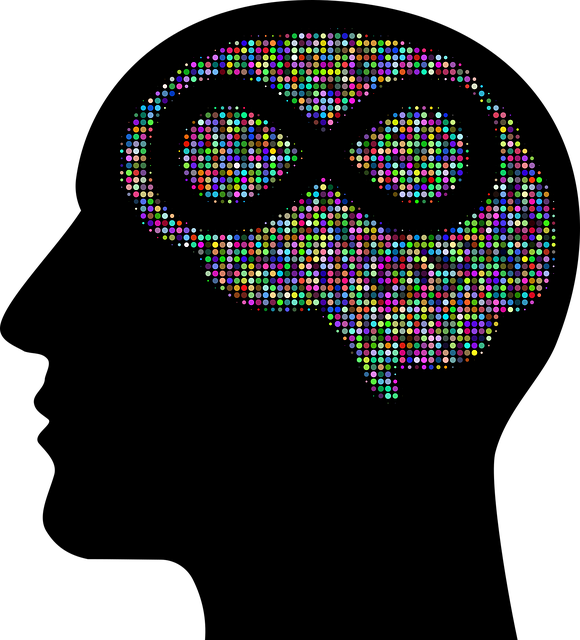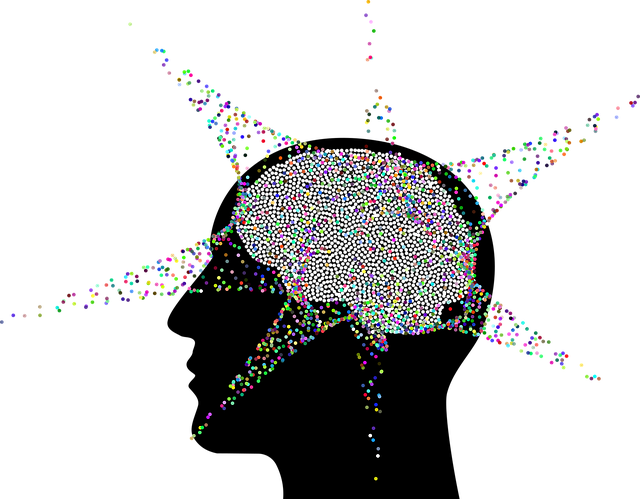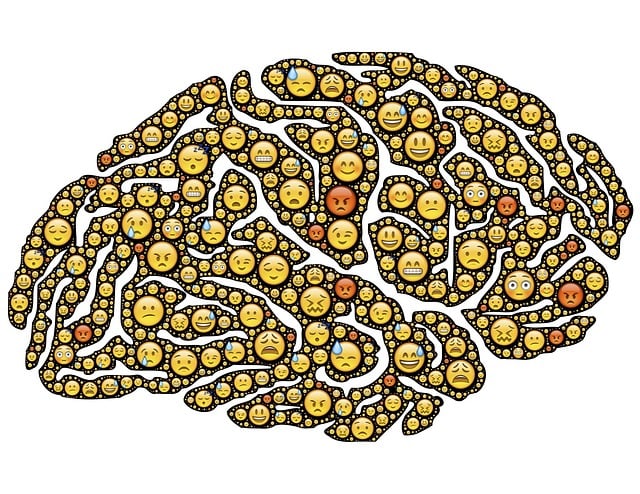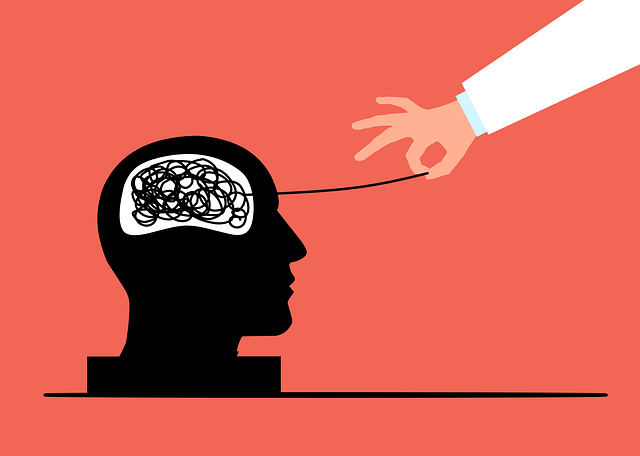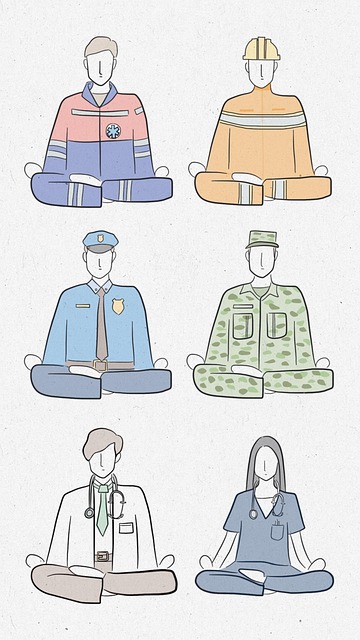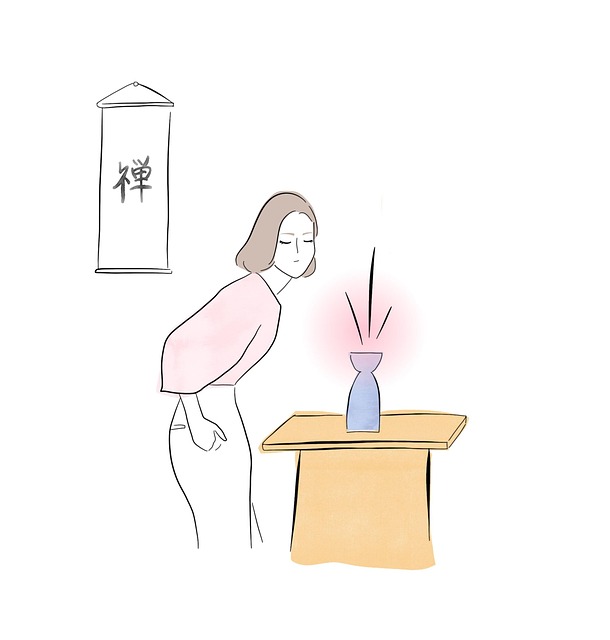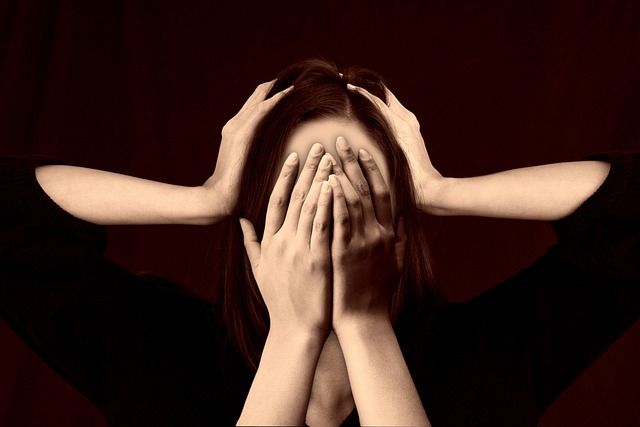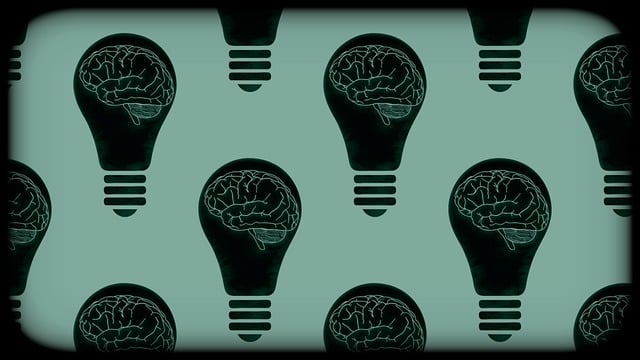Mental illness diagnoses in young adults face challenges due to distinct manifestations of distress. Lack of standardized assessment tools, influenced by cultural background and personal biases, leads to misdiagnoses or delayed treatment. Hypnosis offers an effective strategy for emotional regulation, providing insights into repressed memories and emotions, enhancing diagnostic accuracy, and improving treatment outcomes. Cultural sensitivity training for therapists is crucial for precise diagnoses and strong patient-therapist relationships. Integrated therapeutic approaches combining hypnosis with evidence-based practices enable deeper understanding of young adults' subconscious, leading to more personalized treatments and improved mood management. The future of accurate mental illness diagnosis involves multifaceted approaches including AI, data analytics, and holistic practices like mindfulness meditation.
Mental illness diagnosis accuracy is a critical area of focus in healthcare, especially with the growing awareness of its prevalence. This article explores current challenges in diagnosing mental health conditions, particularly among young adults, and delves into innovative solutions. We examine the role of therapy as a vital tool, focusing on hypnosis as an emerging method to enhance diagnostic support. By integrating traditional practices with new techniques, we can strive for improved accuracy, offering better care and outcomes for those seeking help.
- Understanding Mental Illness Diagnoses: Current Challenges and Gaps
- The Role of Therapy for Young Adults in Accurate Diagnosis
- Exploring Hypnosis as an Innovative Tool for Diagnostic Support
- Enhancing Accuracy: Integrating Therapies and Traditional Methods
- Future Directions: Continuous Improvement in Diagnosis Accuracy
Understanding Mental Illness Diagnoses: Current Challenges and Gaps

Mental illness diagnoses are complex, involving a intricate interplay of symptoms, personal history, and environmental factors. While significant strides have been made in understanding various mental health conditions, current challenges remain. One notable gap is the lack of standardized assessment tools that cater to the unique needs of young adults, who often present with distinct manifestations of distress compared to older populations. This age-related disparity can lead to misdiagnoses or delayed treatment, impacting young adults’ ability to access appropriate therapy for their specific conditions.
Furthermore, the subjective nature of mental health evaluations poses challenges. Diagnoses heavily rely on patient self-report and clinical observation, which are influenced by factors like cultural background, personal biases, and coping skills development. Building empathy between therapists and clients is crucial in overcoming these hurdles. Effective strategies, such as hypnosis, can facilitate emotional regulation and offer alternative approaches to traditional therapy for young adults, ultimately enhancing diagnostic accuracy and improving treatment outcomes.
The Role of Therapy for Young Adults in Accurate Diagnosis

For young adults, therapy plays a pivotal role in improving mental illness diagnosis accuracy. Hypnosis, a specific therapeutic technique, has emerged as a powerful tool to help individuals access repressed memories and emotions, which can provide crucial insights for clinicians. By facilitating deeper introspection and relaxation, hypnosis enables patients to recall significant past events or experiences that may be linked to their current symptoms, thereby enhancing the diagnostic process.
Moreover, cultural sensitivity in mental healthcare practice is essential for accurate diagnosis. Young adults from diverse backgrounds often face unique challenges related to stress management due to societal pressures, family dynamics, and community expectations. Therapists trained in cultural sensitivity can adapt their approach to understand these nuances, boosting confidence among young patients and leading to more precise assessments. This personalized care not only improves the accuracy of diagnoses but also fosters a deeper connection between patient and practitioner.
Exploring Hypnosis as an Innovative Tool for Diagnostic Support

Hypnosis is emerging as an innovative tool to enhance mental illness diagnosis accuracy, particularly in the realm of therapy for young adults. This alternative approach leverages enhanced self-awareness exercises, allowing individuals to delve deeper into their subconscious thoughts and memories. By accessing this hidden landscape, mental health professionals can gain valuable insights that may be overlooked during traditional assessment methods.
In terms of risk assessment for mental health professionals, hypnosis can provide a more nuanced view of an individual’s psychological state. It complements existing practices by offering a non-invasive way to explore repressed memories or subconscious triggers, thereby improving diagnostic accuracy. Additionally, public awareness campaigns development centered around hypnotic therapy can help destigmatize mental illness and encourage young adults to seek support earlier, fostering a healthier and more supportive community.
Enhancing Accuracy: Integrating Therapies and Traditional Methods

Mental health professionals are constantly striving to improve diagnosis accuracy, especially for young adults facing complex conditions. Integrating therapeutic approaches is a key strategy in enhancing diagnostic precision. Beyond traditional methods, incorporating innovative techniques like hypnosis has shown promise in uncovering underlying issues that may be masked by symptoms. This holistic approach combines the benefits of evidence-based practices such as Social Skills Training and Depression Prevention with the depth and insight offered by hypnosis, enabling mental health specialists to gain a more comprehensive understanding of their patients’ experiences.
By fusing these diverse therapies, professionals can improve mood management and tailor treatments more effectively. Hypnosis, for instance, allows individuals to access their subconscious, potentially revealing repressed memories or emotions that impact their current mental state. This dynamic integration of therapy styles reflects the evolving nature of mental health care, aiming to provide more personalized and accurate diagnoses, ultimately improving patient outcomes.
Future Directions: Continuous Improvement in Diagnosis Accuracy

The future of mental illness diagnosis accuracy lies in a multifaceted approach that integrates cutting-edge technology with therapeutic innovations. As research continues to evolve, incorporating artificial intelligence and data analytics can aid in identifying subtle patterns and markers, enhancing diagnostic precision. Additionally, integrating therapy for young adults, such as hypnosis, offers promising avenues for exploring unconscious thought processes and beliefs, thereby improving diagnosis accuracy.
By fostering better communication strategies between patients and mental health professionals, and promoting practices like mindfulness meditation, emotional healing processes can be optimized. This holistic perspective ensures that future efforts focus not just on the symptoms but also on the underlying causes, leading to more effective interventions and improved outcomes.
Mental illness diagnosis accuracy has seen significant advancements, but ongoing efforts are crucial. By integrating traditional methods with innovative tools like hypnosis and enhancing therapeutic approaches for young adults, we can improve diagnostic precision. Future research should focus on continuous improvement to ensure effective and timely support for those in need. Therapy for young adults and hypnosis show promising potential as complementary resources in this process.
